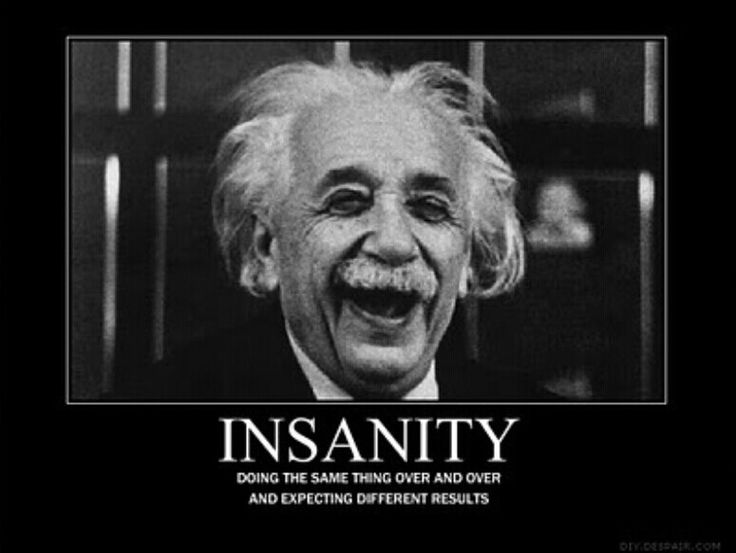“I may not agree with what you say, but I agree you have the right to say it.” Is this not the bedrock of democracy?
Thus the process by which we learn to change and improve our ability to judge requires the willingness to consider and challenge opinions other than our own and the freedom to do so:
First, if any opinion is compelled to silence, that opinion may, for aught we can certainly know, be true. To deny this is to assume our own infallibility.
Secondly, thought the silenced opinion be an error, it may, and very commonly does contain a portion of truth; and since the general or prevailing opinion on any subject is rarely or never the whole truth, it is only by the collision of adverse opinions that the remainder of the truth has any chance of being supplied. (emphasis mine)
Thirdly, even if the received opinion be not only true, but the whole truth; unless it is suffered to be, and actually is, vigorously and earnestly contested, it will, by most of those who receive it, be held in the manner of a prejudice, with little comprehension or feeling of its rational grounds. And not only this, but
Fourthly, the meaning of the doctrine itself will be in danger of being lost or enfeebled, and deprived of its vital effect on the character and conduct; the dogma becoming a mere formal profession, inefficacious for good, but cumbering the ground and preventing the growth of any real and heartfelt conviction from reason and personal experience.
-J.S. Mill: On Liberty
Note that my emphasis highlights and captures one of the core convictions of scientific inquiry.
